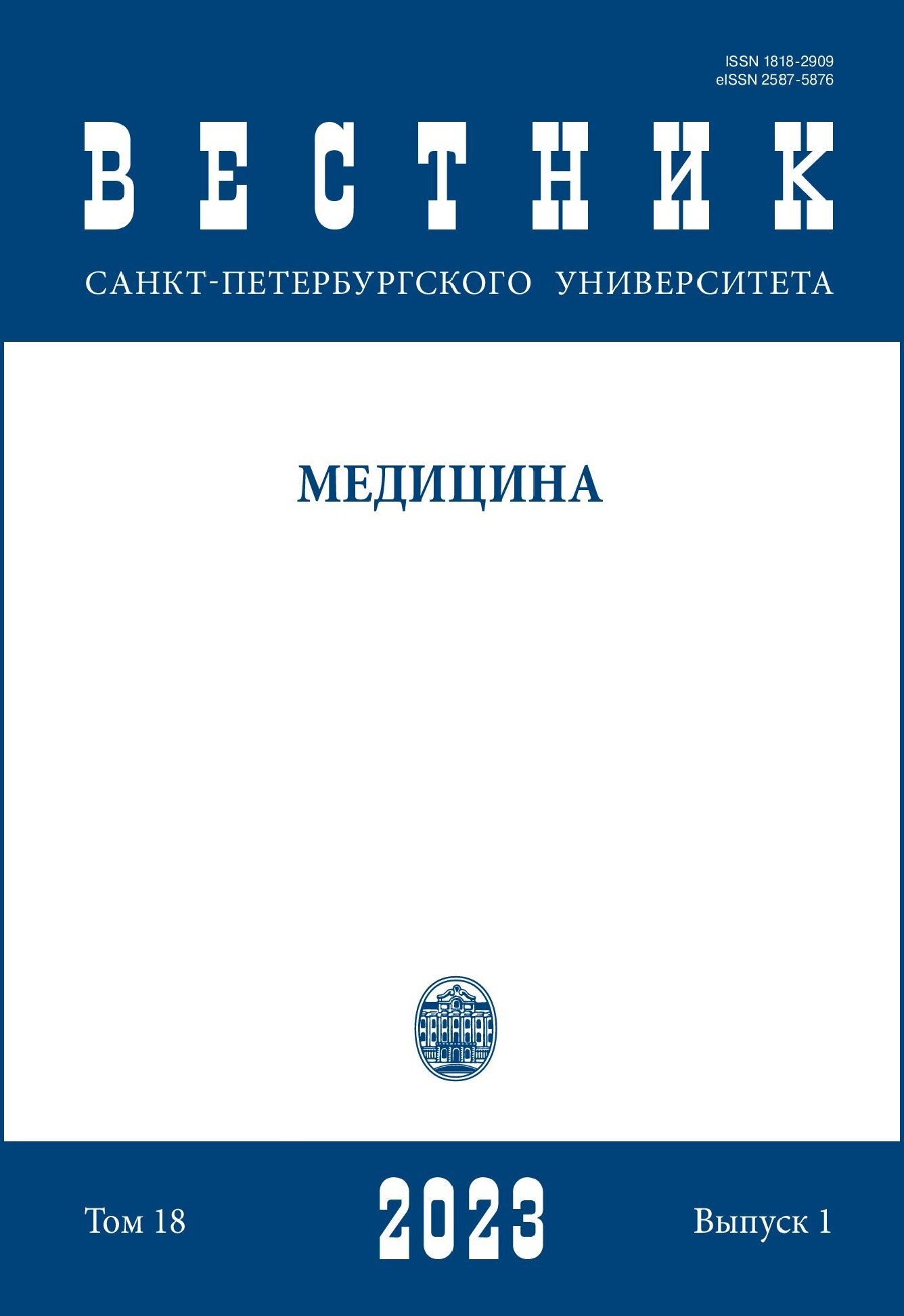Maintenance therapy with monoclonal antibodies in metastatic HER2-positive breast cancer: A review of studies
DOI:
https://doi.org/10.21638/spbu11.2023.105Abstract
Maintenance therapy is a medical treatment after achieving stabilization, partial or complete response by the first line therapy of a metastatic malignant tumor. The goals of such treatment are to maintain the effect of the first line therapy, to increase progression-free survival, and, in some cases, overall survival. Targeted monoclonal antibody therapy is a maintenance treatment option widely used in clinical practice for metastatic HER2-positive breast cancer, but it remains one of the least studied. This analysis of available world studies was carried out in order to form an idea about the possibilities of maintenance therapy and promising areas for studying this topic. The article presents an up-to-date and complete review of data
on metastatic HER2-positive breast cancer maintenance therapy with various drugs from the monoclonal antibody group, as well as cases of discontinuation of maintenance therapy due to high toxicity or at the request of the patient. Besides, authors analyzed the treatment options of maintenance therapy in patients with luminal HER2-positive breast cancer and the possibilities of intensifying monoclonal antibody maintenance therapy by antihormonal drugs for this group of patients.
Keywords:
maintenance therapy, metastatic breast cancer, trastuzumab, pertuzumab
Downloads
References
References
Downloads
Published
How to Cite
Issue
Section
License
Articles of "Vestnik of Saint Petersburg University. Medicine" are open access distributed under the terms of the License Agreement with Saint Petersburg State University, which permits to the authors unrestricted distribution and self-archiving free of charge.





